Common
Questions



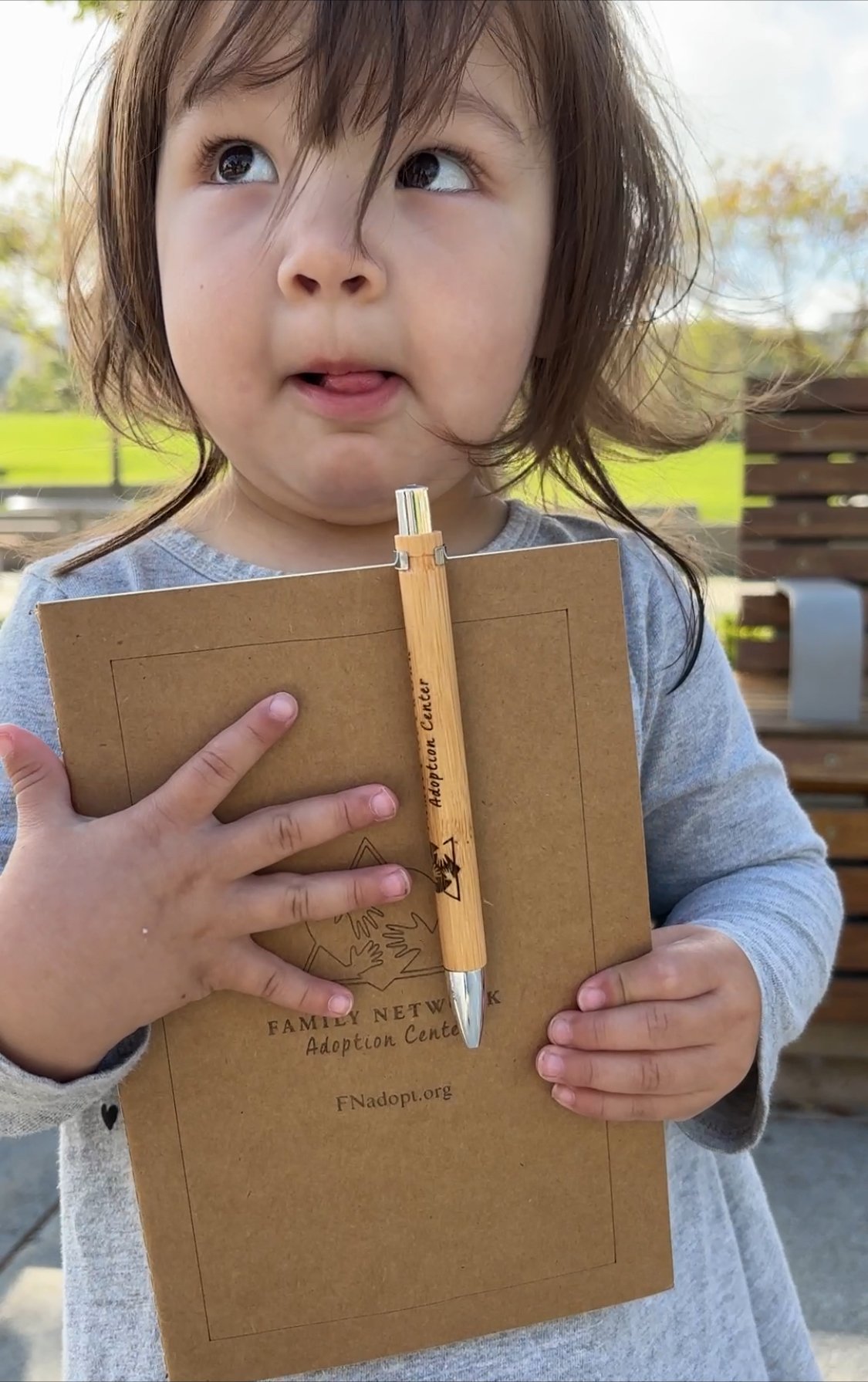



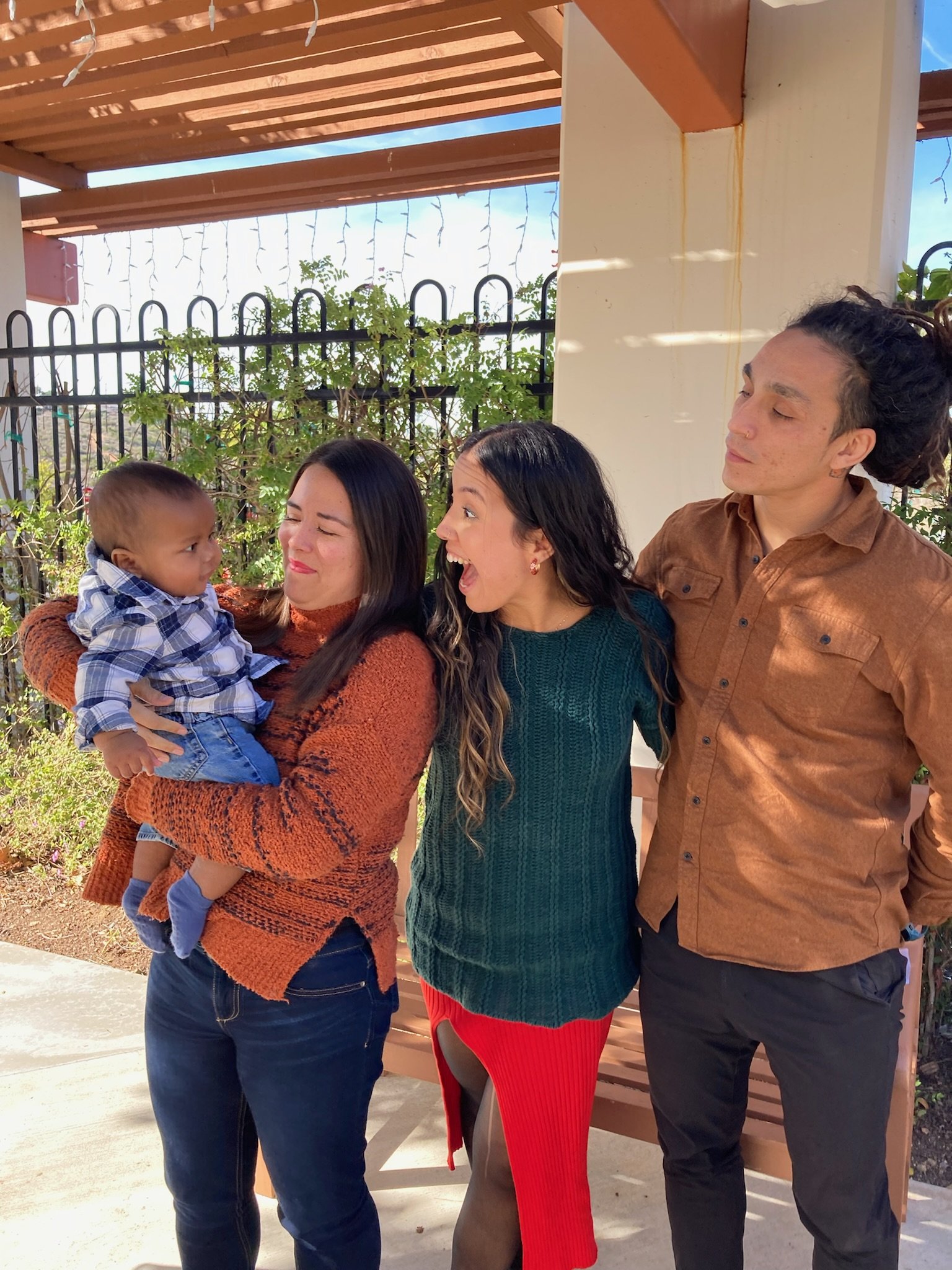







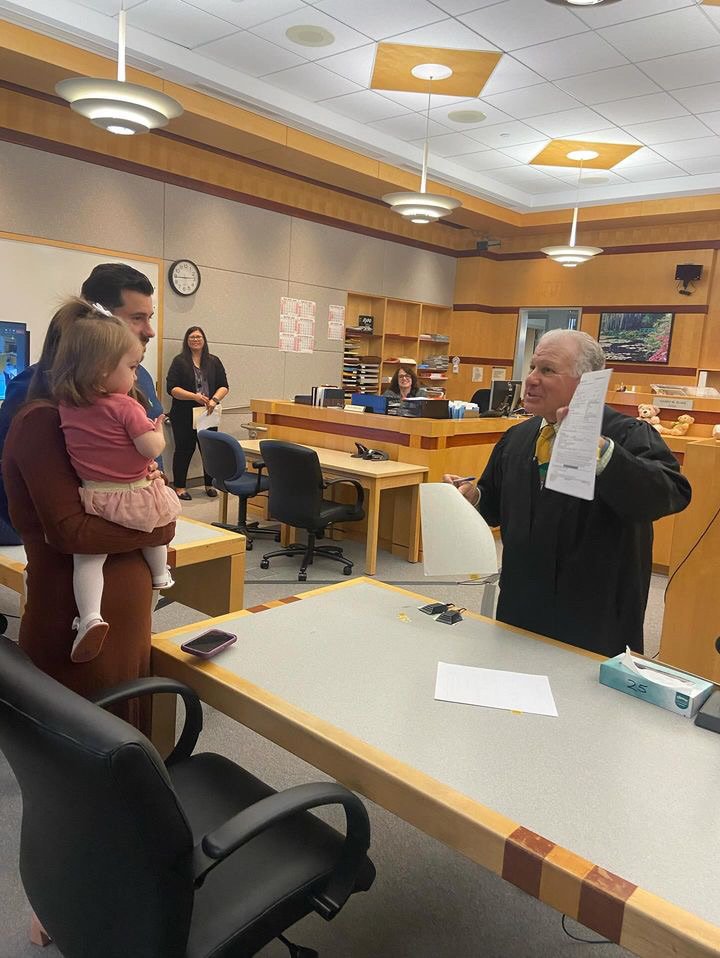
















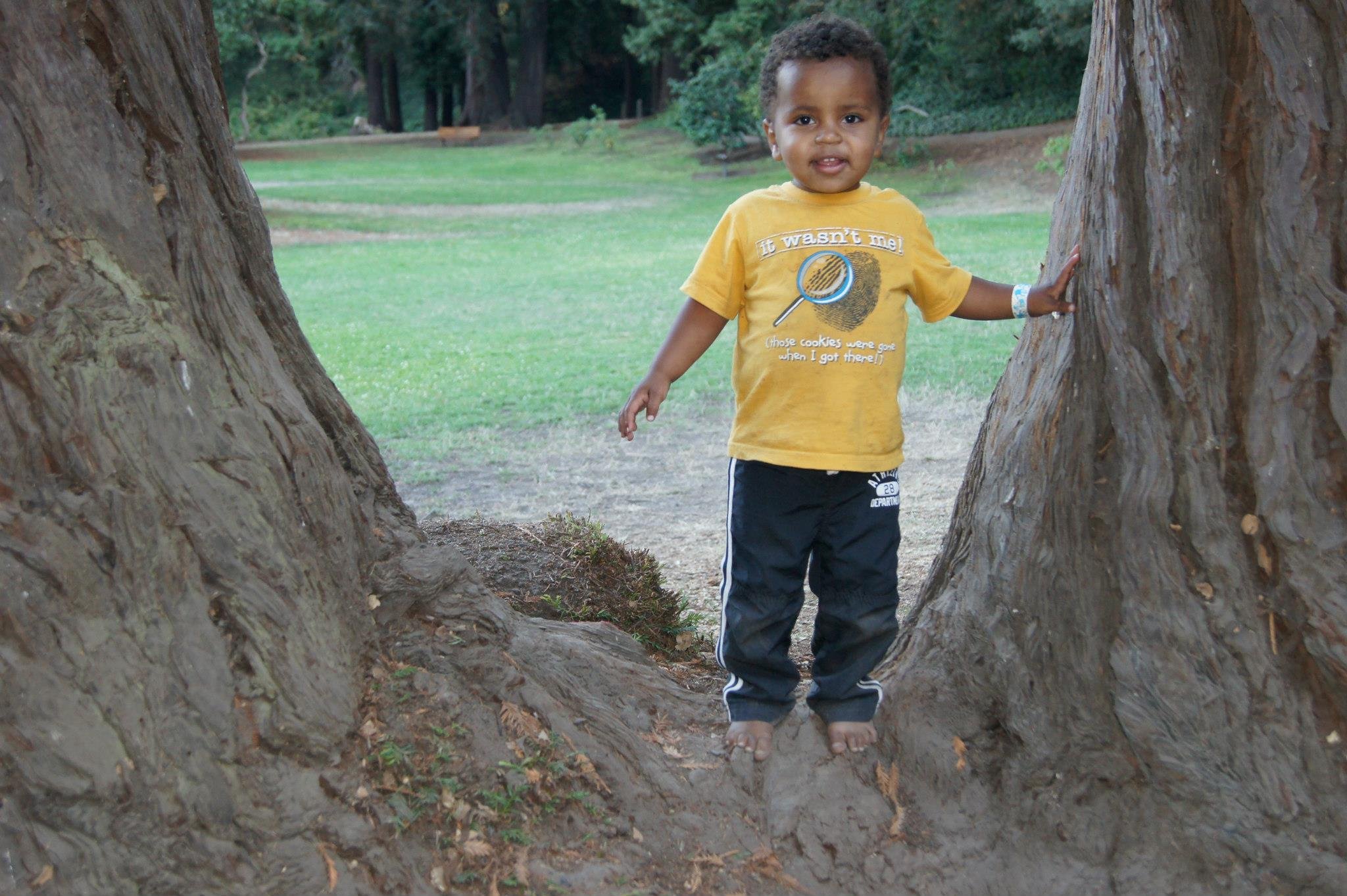
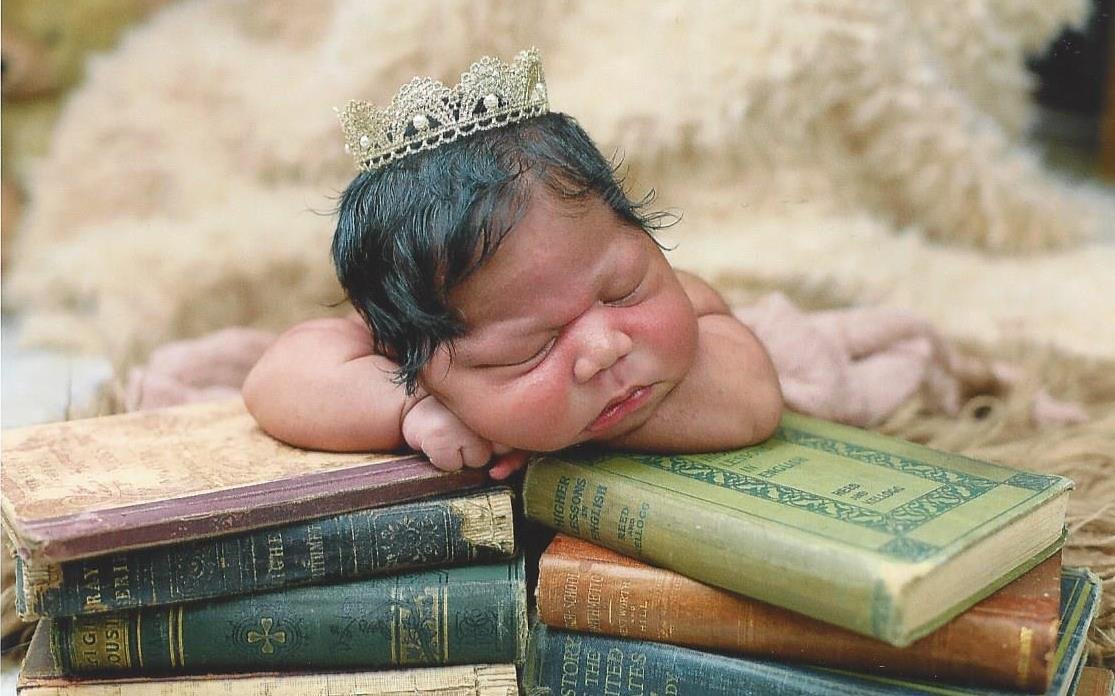
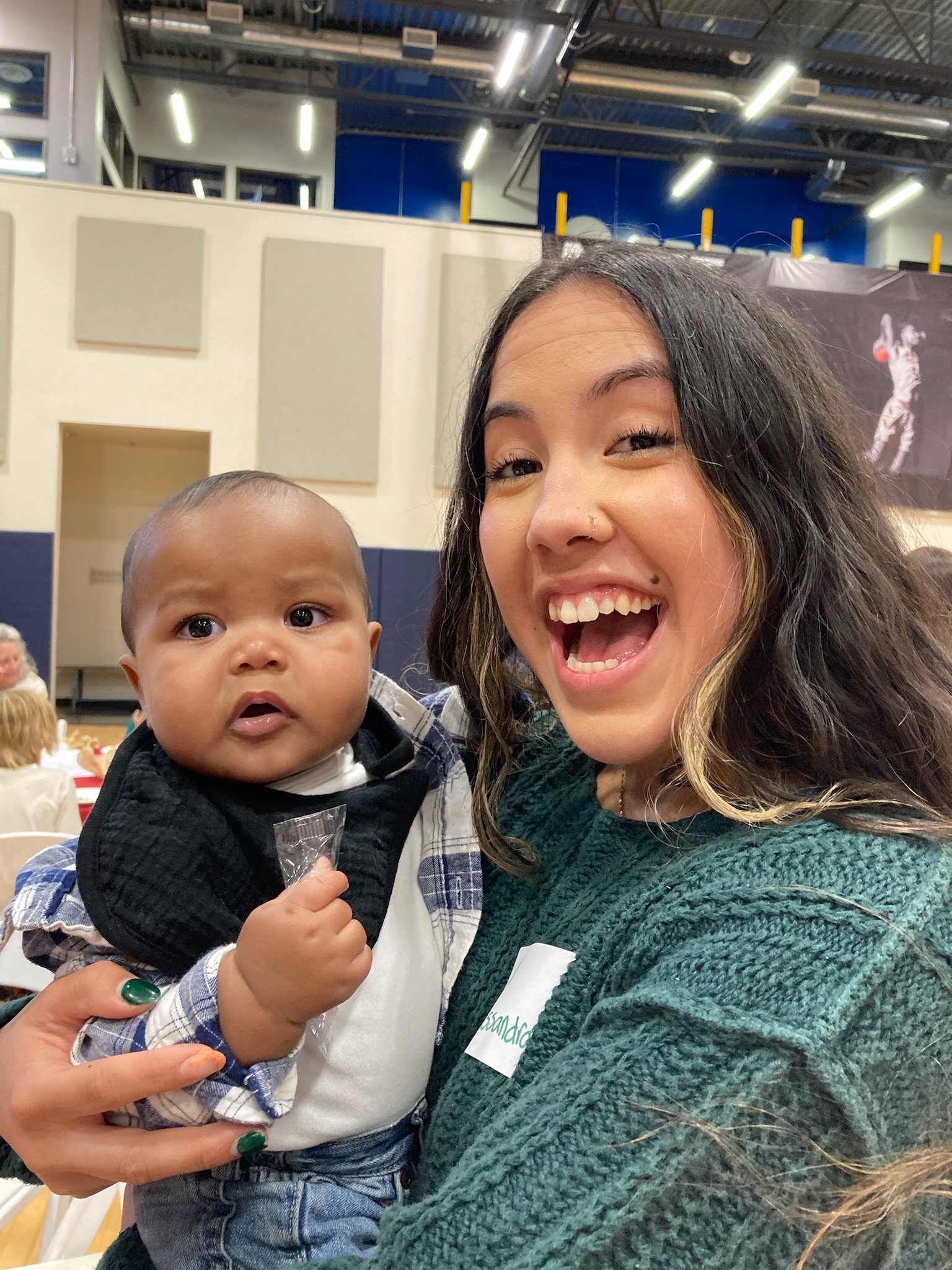



















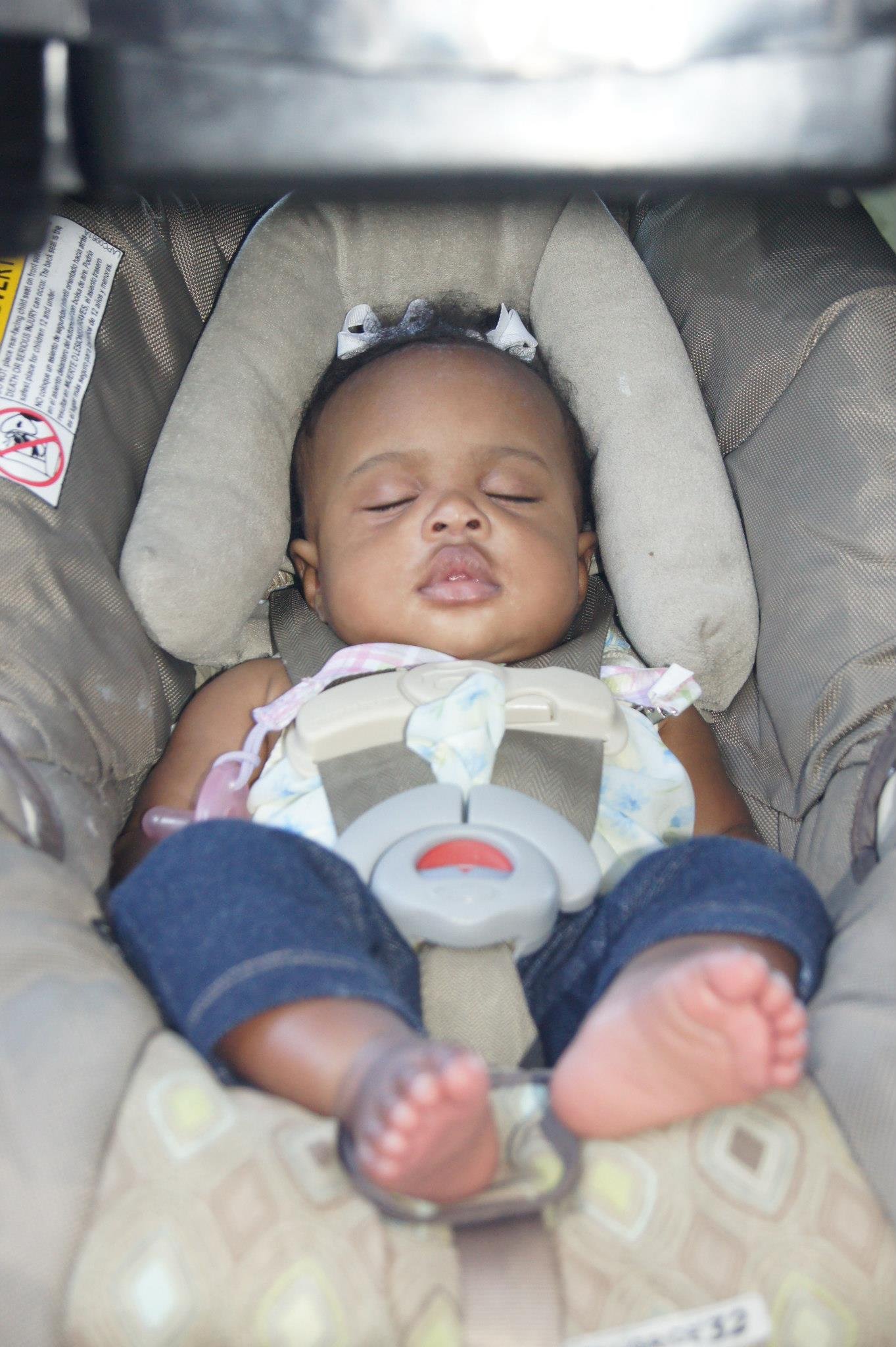





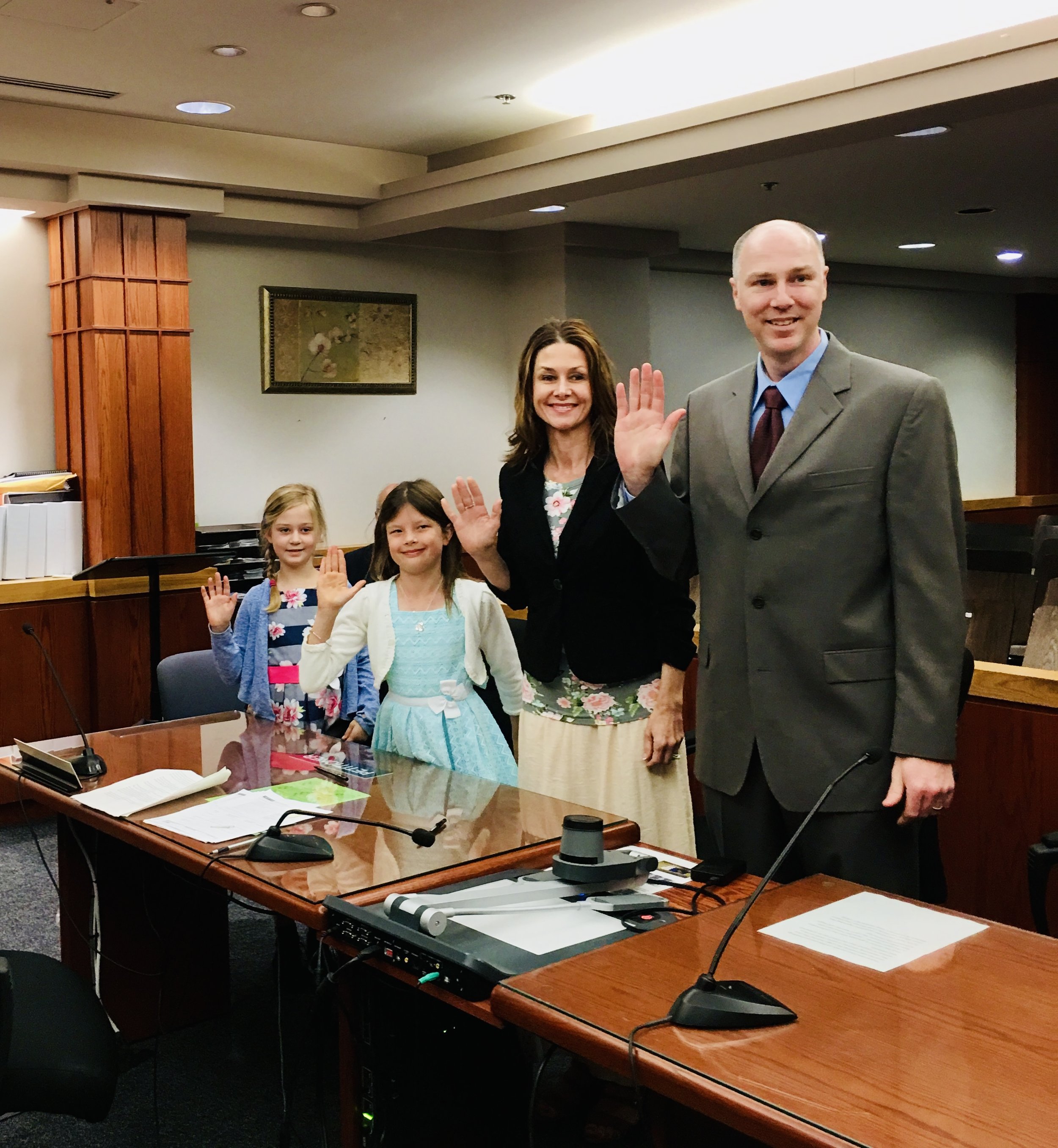





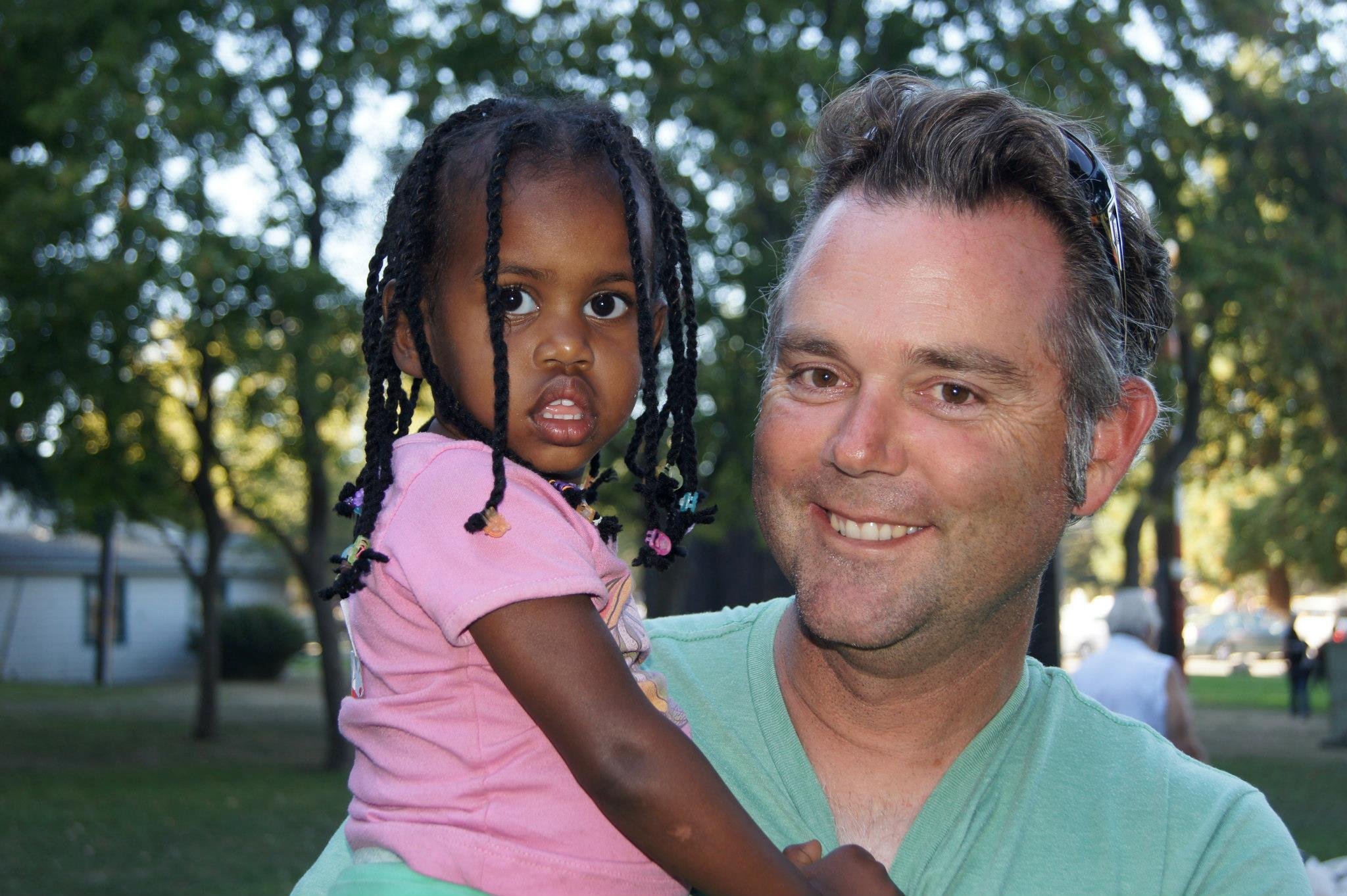


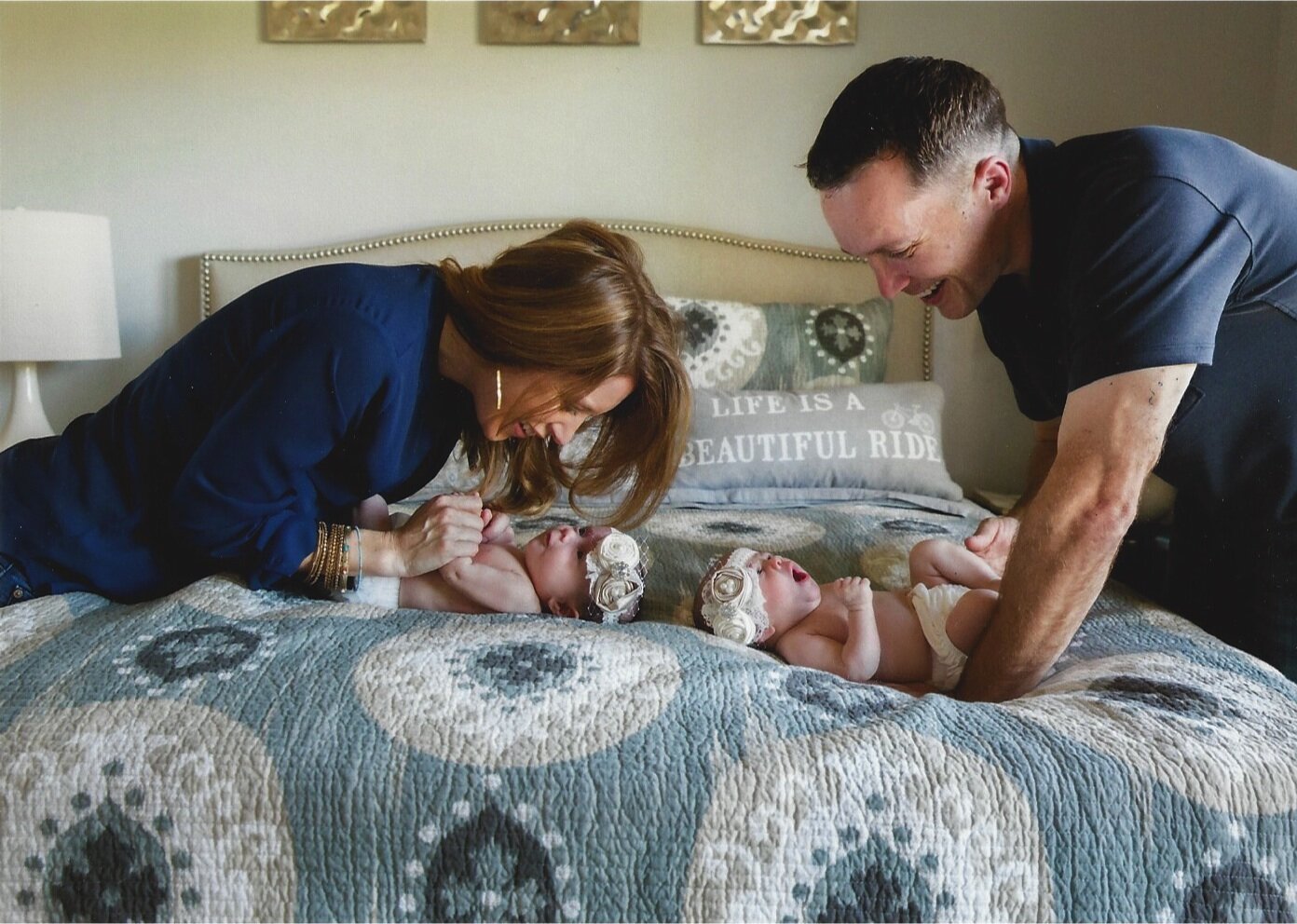

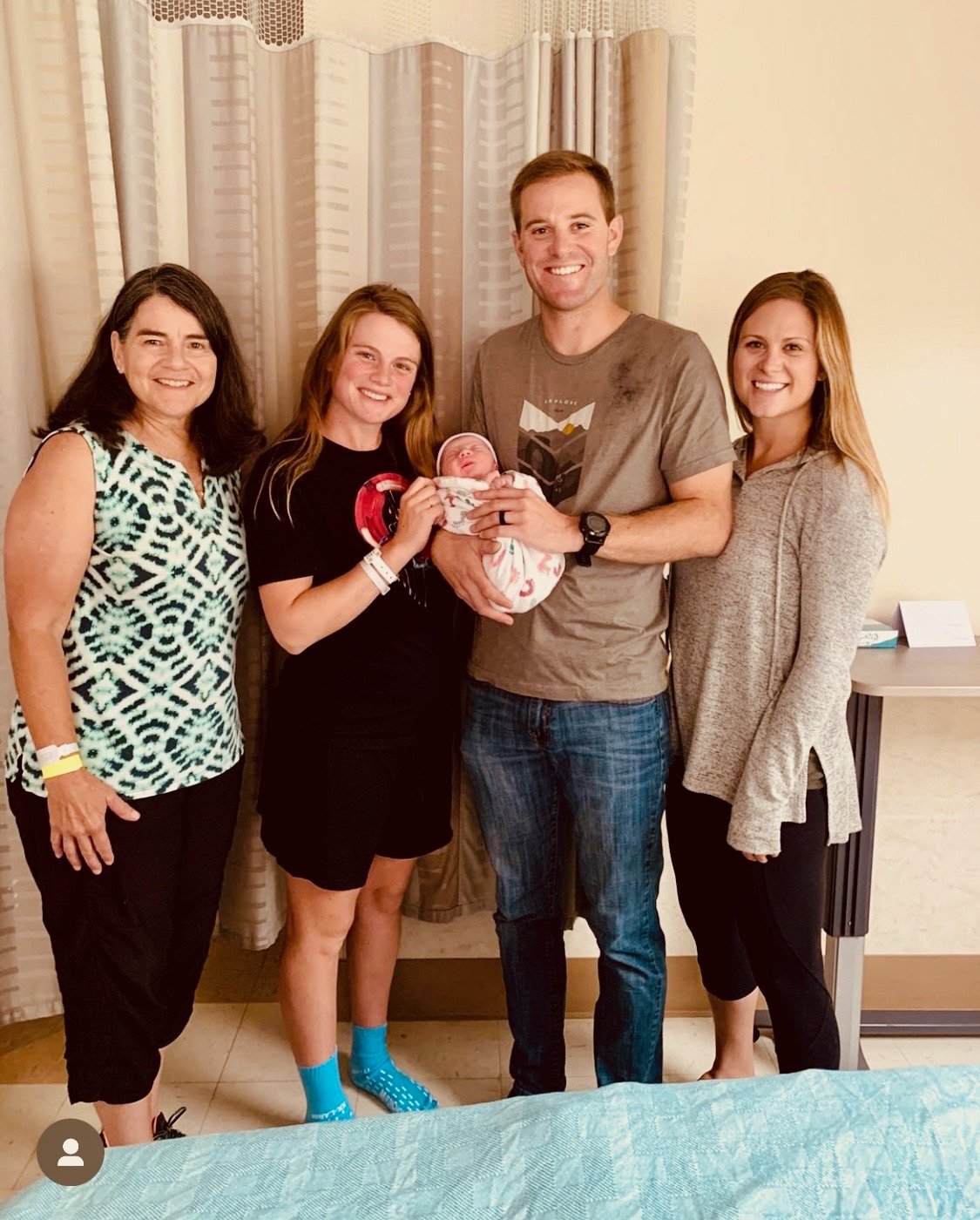








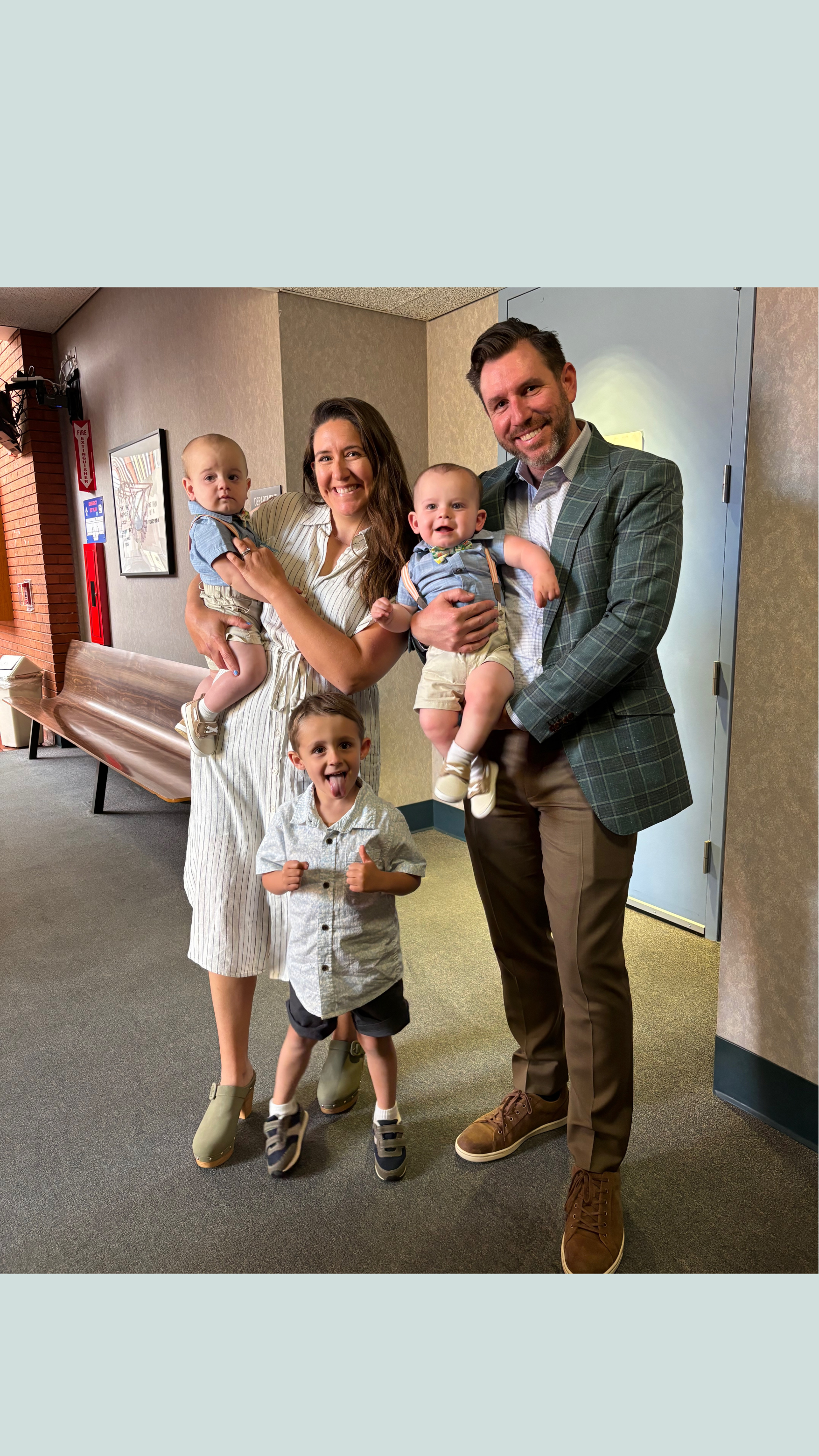
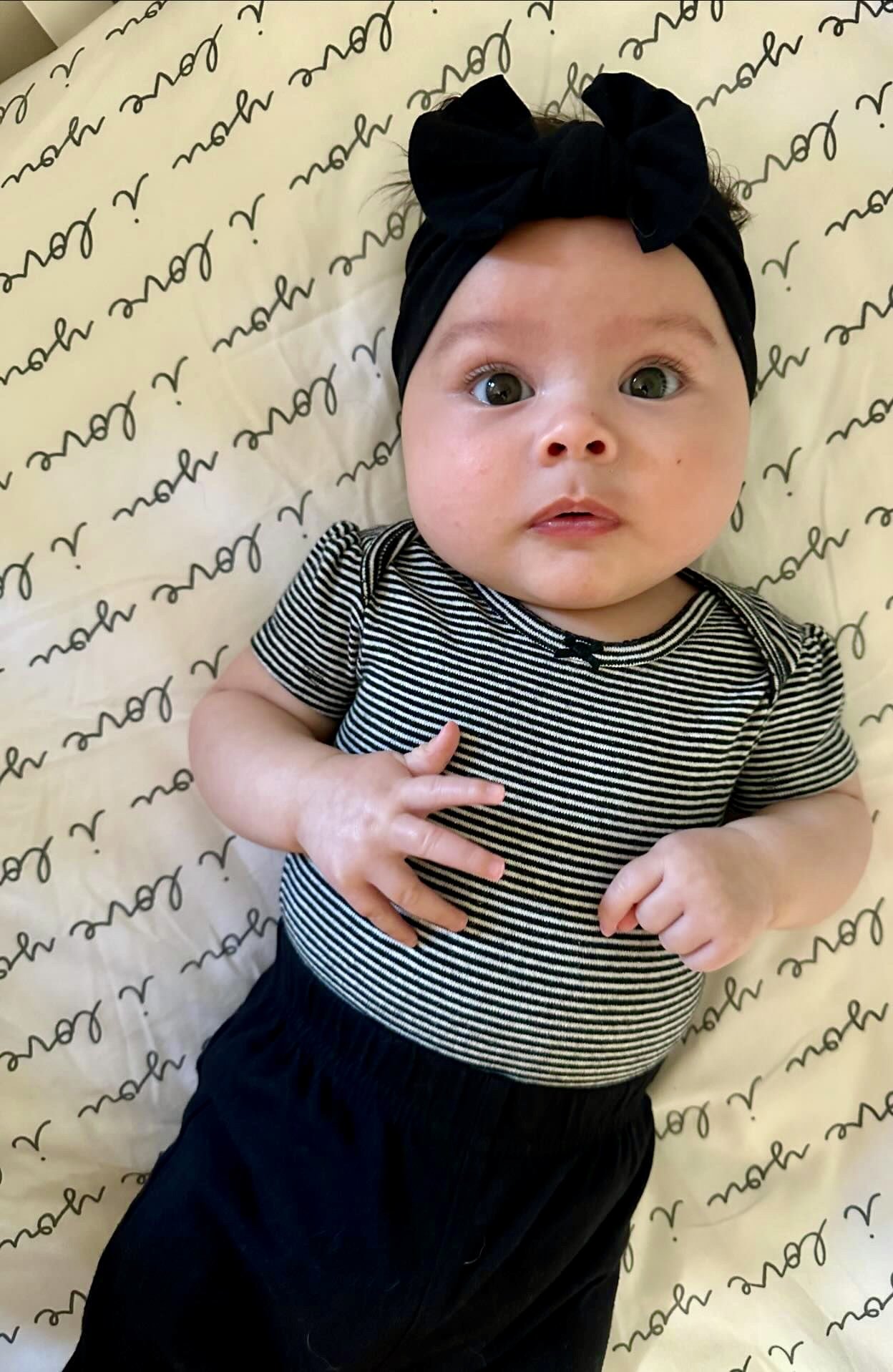







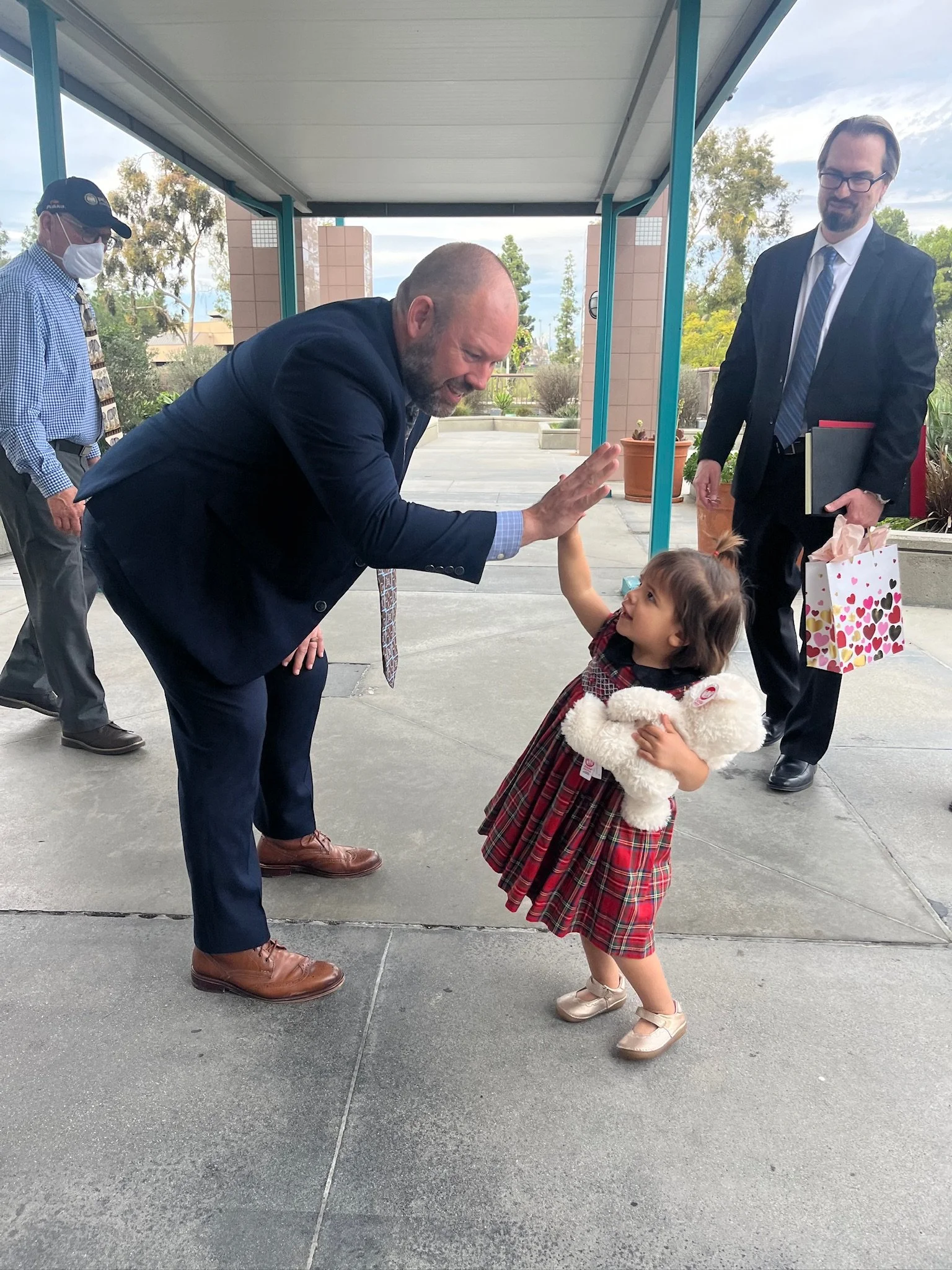







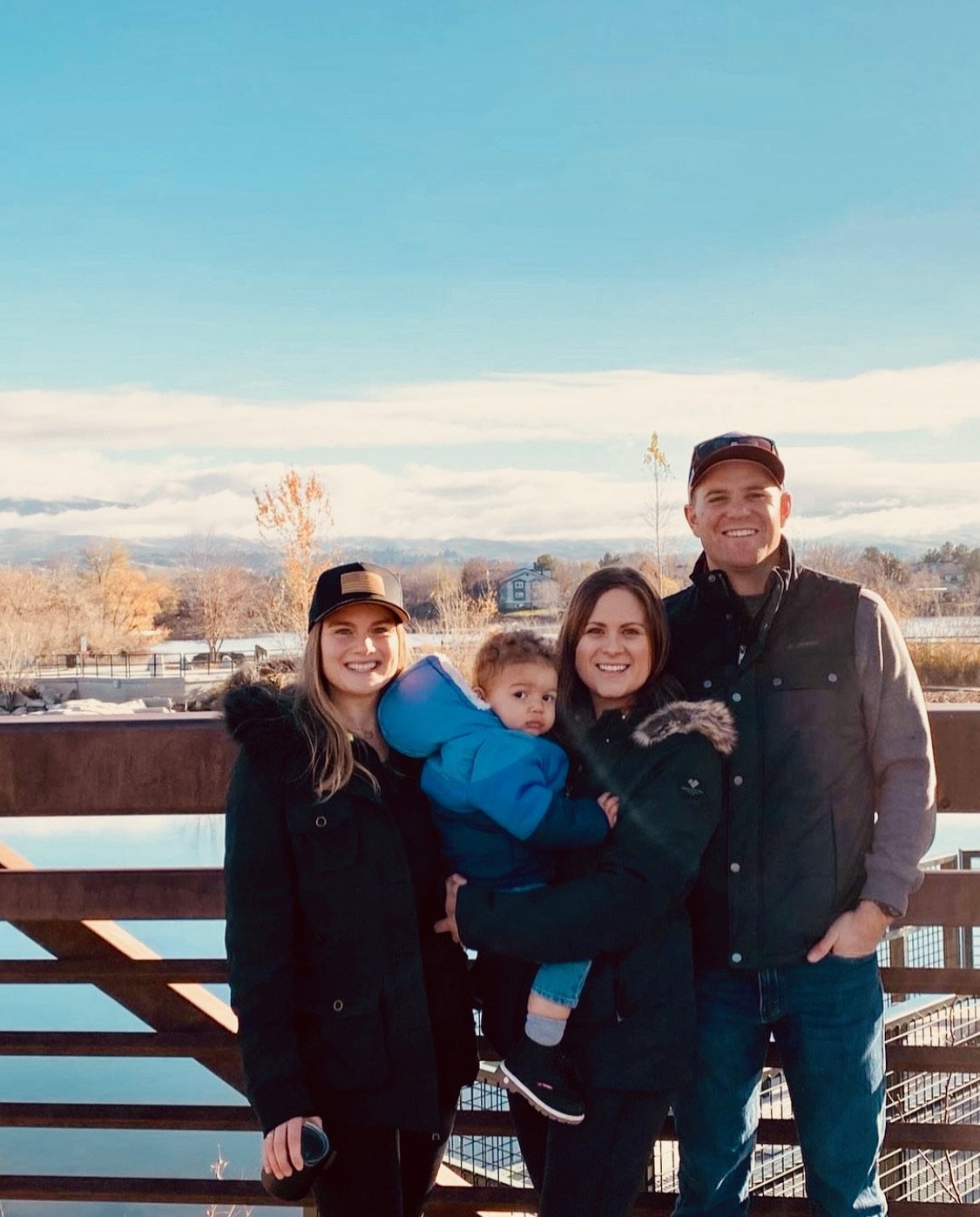




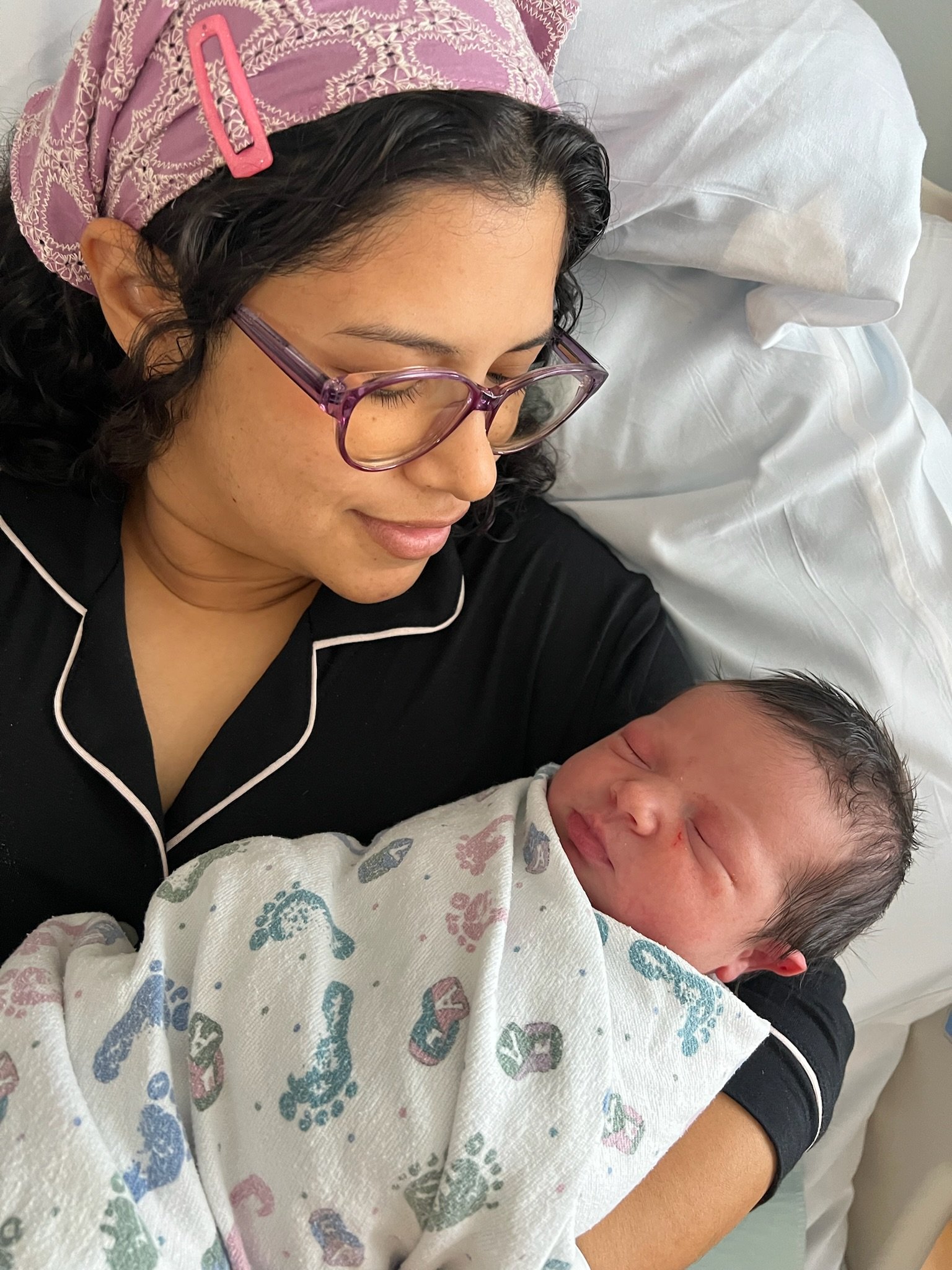















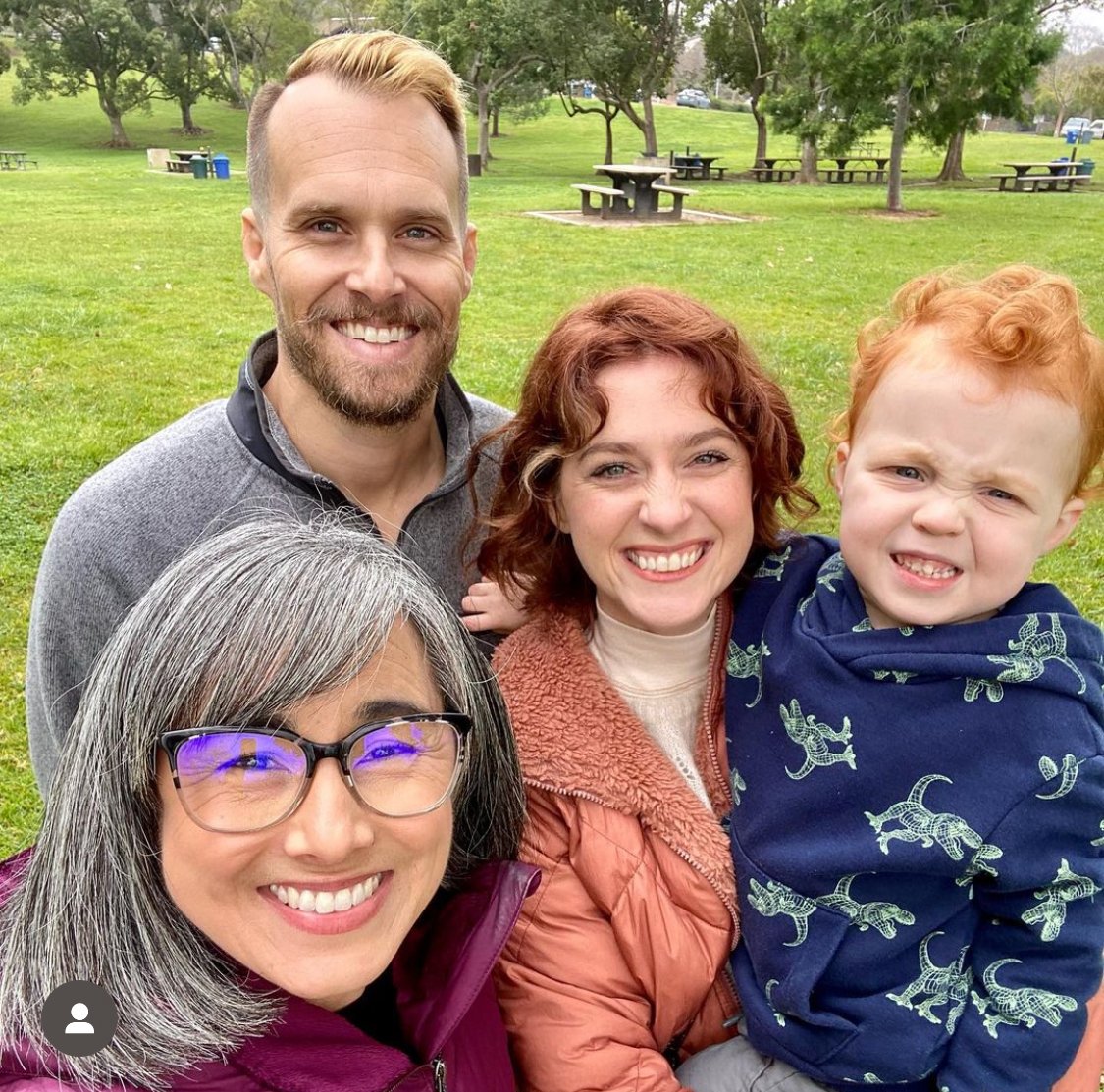












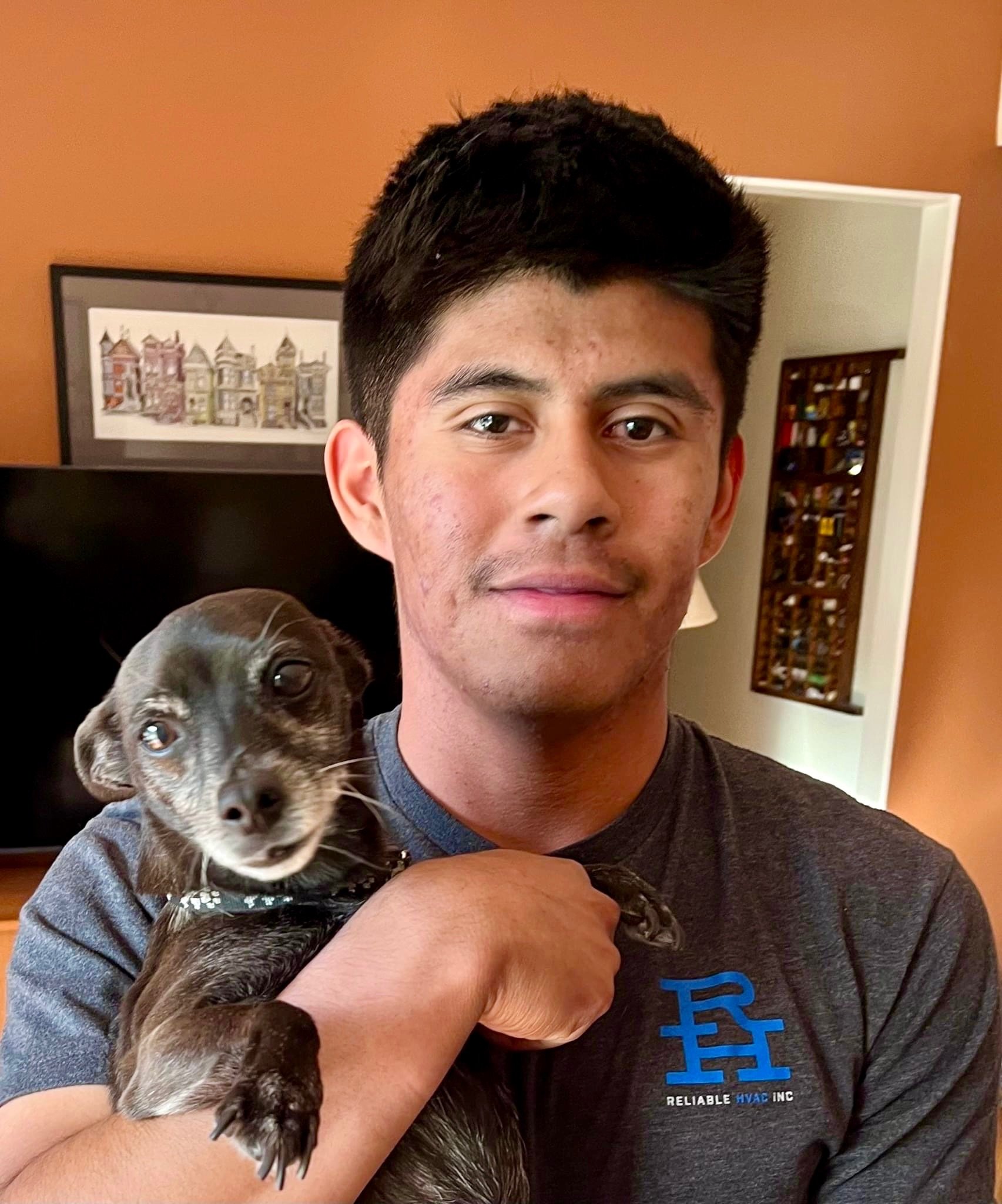





There are still a lot of misconceptions about adoption practices and we hope that by answering some of the most commonly asked questions, we can help you better understand how it works.
How long does it typically take to adopt?
It’s impossible to determine the exact time, however, most of our prospective parents adopt within 2 years. We work with a limited number of adopting parents at a time, which can help lower wait times.
Can the expectant mother see the baby if she wants to?
Open adoption gives the expectant mom the option to meet the prospective adopting parents and develop a relationship with them during her pregnancy. Some expectant moms choose to stay in touch with the adoptive family after the baby arrives, and receive photos, letters and even visits in the future.
Can an expectant mother receive financial help?
In California, it is legal for adopting parents to pay medical, legal, counseling, and other approved expenses directly related to the pregnancy. All expenses must be recorded and reported to the court before the adoption is finalized.
What if an expectant mother chooses adoption and then changes her mind?
Expectant mothers are thoroughly advised of their legal rights in advance by a social worker, who is their unbiased advocate. Relinquishment documents are not signed until after the birth. While it is a possibility that she can change her mind, most women have thought about adoption beforehand and have made a solid decision. The commitment between expectant parents and adoptive parents is based on trust, and is a serious one that is discussed with both parties.
How can expectant parents be sure that the baby will have a good home?
In order to adopt, the prospective adopting parents receive counseling, education and are required to pass a thorough screening process called a home study. The home study process involves FBI back ground checks, child abuse clearances, medical & financial statements, home visits and more. In many cases, the expectant parents meet the prospective adopting parents and have a chance to get to know them before they place the child with them.
How are adoptive parents chosen?
At the Family Network Adoption Center, we believe it’s vital that expectant parents have the ability to choose a family that feels is right for their baby, as well as decide the level of contact before and after birth. Expectant parents can view profiles of prospective parents to see if anyone feels in alignment with their values and dreams for their baby. An adoption plan is created based on the expectant mom’s personal preferences, including meeting the prospective adopting parents over the phone and in person, staying in touch before and after birth, and even having visits with the child throughout their life if they choose.
What kind of people want to adopt?
Since 1 in 5 couples in the U.S. have trouble conceiving a child, it’s not difficult to find people who want to adopt and have the experience of loving and caring for a child. They usually have gone through many years of trying to have a baby, often experiencing miscarriages, medical treatments, surgeries and more. Many have already achieved their career goals, are financially stable and have been preparing for a child for several years. These people have had a great deal of time to think about having children, which often leads to a deeper sense of gratitude when they do finally become parents. They are excited and committed to taking on the significant responsibilities that come with parenting.
Do expectant parents need their parents’ permission to place a baby for adoption?
In California, expectant parents do not need parental permission at any age to make an adoption plan. As the baby’s parent, they are considered an adult for the purpose of making decisions about their pregnancy. Most expectant parents want the support of their own parents for their pregnancy and adoption, however regardless of their parents’ opinion, adoption is the expectant mother’s legal decision. Even though some parents may be hurt or upset about the pregnancy, having their love and support during this difficult time can be very beneficial for the expectant mom, and ultimately the child.
Do women who choose adoption face a stigma?
While attitudes have evolved, some people may unfairly judge a birth mother’s choice without understanding her circumstances and reasons for choosing adoption. It’s important to grasp that careful consideration and weighing various factors including personal circumstances, financial stability and the desire to provide the child with the best possible future, are involved in the deeply personal & courageous choice of adoption.
Does the baby’s father need to know about the pregnancy and consent to the adoption?
Even though some may feel reluctant to do so, it is important that the birth father be told about the pregnancy. At the Family Network Adoption Center, if it is possible, we encourage the birth father to be involved in the adoption decision. We understand that’s not always possible. Expectant mothers have the option to talk with an adoption counselor or attorney if they are uncertain about whether and how to tell the baby’s father about the pregnancy and adoption.
Why do women consider placing their babies for adoption?
There are many reasons why women consider adoption including personal circumstances, financial stability and the desire to provide the child with the best possible future. Many young pregnant women facing unplanned pregnancy have career and educational goals, which they feel cannot be realized while supporting and caring for a child. Some moms are already parenting children and do not feel they have the resources to provide for another child and give that child and the child's siblings the life they deserve. Each situation is unique and the courageous decision to place a child for adoption is deeply personal and based out of love.
